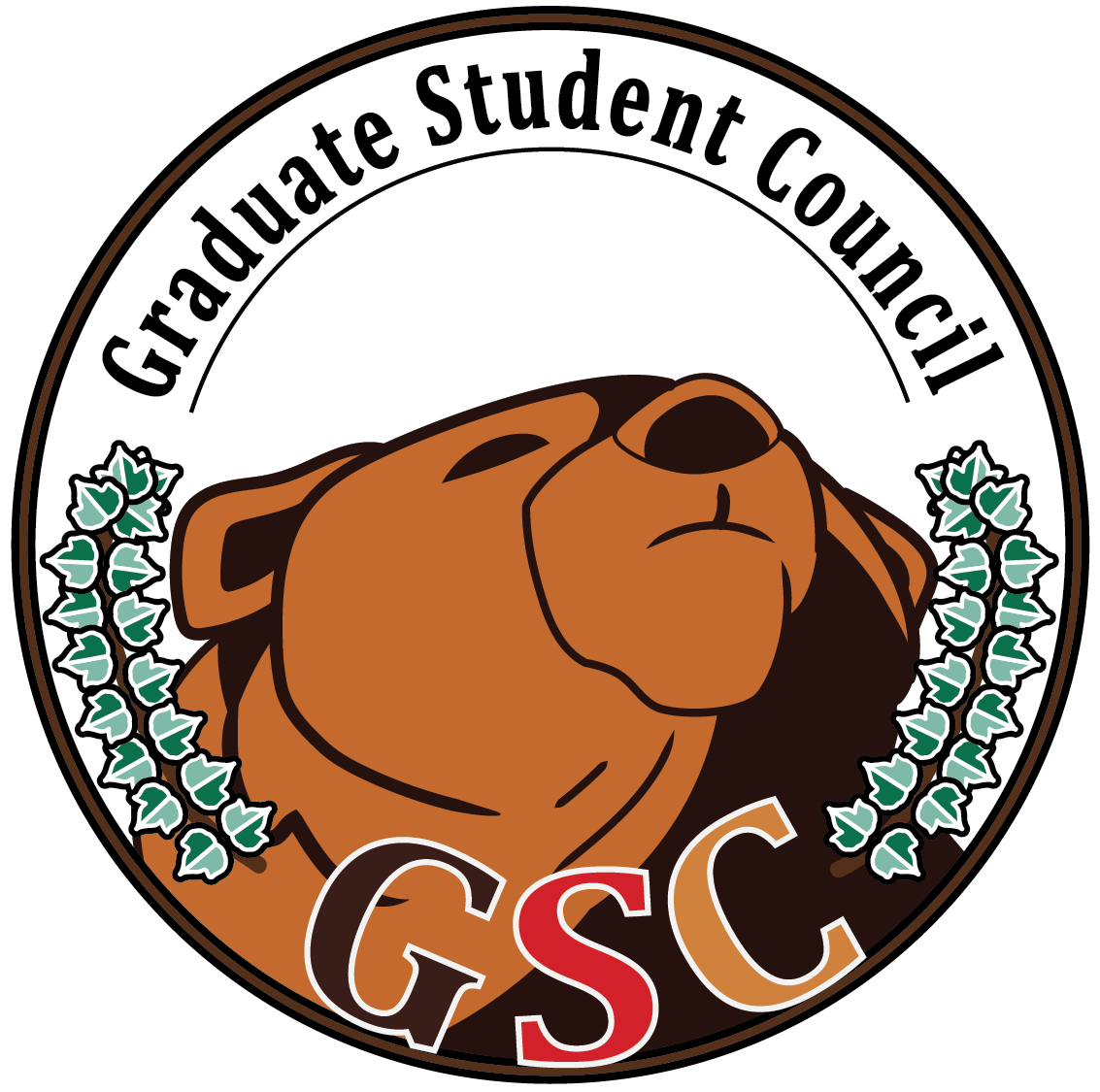To our fellow Graduate Students,
By now you may have seen Provost Richard M. Locke’s letter to the graduate student community regarding graduate student unionization. Specifically, the letter centered on claims made by Stand Up for Graduate Student Employees (SUGSE) in materials circulated for the union affiliation vote, as well as the level of involvement SUGSE members have had in ongoing campus initiatives. The letter also explains useful information regarding existing and new policy changes for graduate students at Brown, which is important to understand in detail.
However, as members of the Graduate Student Council (GSC) Executive Board, we write in response to the overall nature of this letter, its timing, and the larger actions taking place on our campus. Firstly, we recognize that factual, honest, and straightforward conversation is key to building community and maintaining trust during moments of change for our graduate student populations. This is why we have stood by our decision to maintain a neutral position with regards to unionization efforts, encouraging fair and open dialogue with the publication of our own unionization FAQs and the recent general body approval to apply discretionary funds towards an upcoming GSC forum on unionization, planned for Monday, April 3 (details forthcoming).
Our efforts towards this important decision signal our commitment to a balance of voices as unionization efforts, spearheaded by members of SUGSE, move forward after yesterday’s affiliation vote. We are further committed to protecting graduate students’ right to expect this balance during campus conversations, and reaffirm our belief that there should be no intimidation or interference in this debate, but only open and transparent dialogue.
It is with this in mind that we express our concern for a potential misdirected effect of Provost Locke’s letter to the graduate student community. Language targeting a particular group due to the operational nature of their organization or method of engagement is troubling, and we are disappointed by the negative effect such a communication may have had during a key moment in affiliation procedures.
Secondly, we wish to clarify and affirm the nature of our work as the Graduate Student Council. Our processes for organized representation of graduate student interests emerges from a long history of graduate student activism at Brown, and it would be a disservice to this history to view the GSC’s established processes for advocacy via recognized, institutional channels as separate from the student groups who have committed much to this work over the years. Rather, we view our position as elected graduate student representatives as helping to amplify the efforts of the many student groups on our campus, including SUGSE, the Samuel M. Nabrit Black Graduate Student Association, the Society for Advancement of Chicanos/Hispanics and Native Americans in Science (SACNAS), the Graduate Students of Color Collective (GSCC), the Queer Students of Color Collective, and the Concerned Graduate Students of Color (CGSC), in addition to the Sarah Doyle Women’s Center, the LGBTQ Center, the Title IX Office, the Graduate School Diversity and Inclusion Advisory Board, the Mental Health Community Council, and the many other committees and affiliations present throughout Brown’s campus.
These are only a portion of the many groups, individuals, and communities who work to effect change for graduate students at Brown. We commend our colleagues for their multiple forms of activism. Whether collectivized through formal channels, independently organized, or raised by a single individual, a diversity in methods for engaging offices and constituencies is a vital and necessary part of how communal change happens. This diversity and history must not and cannot be taken for granted, erased, or ignored.
We regret any communication that would signal a disregard for this often unrecognized kind of advocacy. Debating which forms of established activism count or deserve “credit” is unproductive and a distraction from our very real and ongoing issues. In answer to these concerns, we will do what we can to support a campus climate that values a diversity in opinion and action, and that is respectful of the labor, choices, and attitudes therein. Our work can only make a difference in such an environment, and that is what we will continue to advance and call for both as representatives of the Graduate Student Council and as members of the Brown community.
We have sent this response to Provost Locke, with the expectation that future communications from the University, ourselves, and our colleagues will be mindful of this history of graduate student activism, and the immeasurable need for and value of collaborative student advocacy.
Signed,
The 2016-2017 Brown University Graduate Student Council Executive Board
Anni Pullagura, Vice President of Advocacy
Aislinn Rowan, President
Alastair Tulloch, Nominations Officer
Benjamin Fancy, Treasurer
Inge Zwart, International Advocate
Leah Burgin, Master’s Students Advocate
Alex Laferriere, Vice President of Communications
Michael Ricci II, Vice President of Student Life
Lauren Watts, Vice President of Social Events
Ghous A. Amjad, Technology Officer
